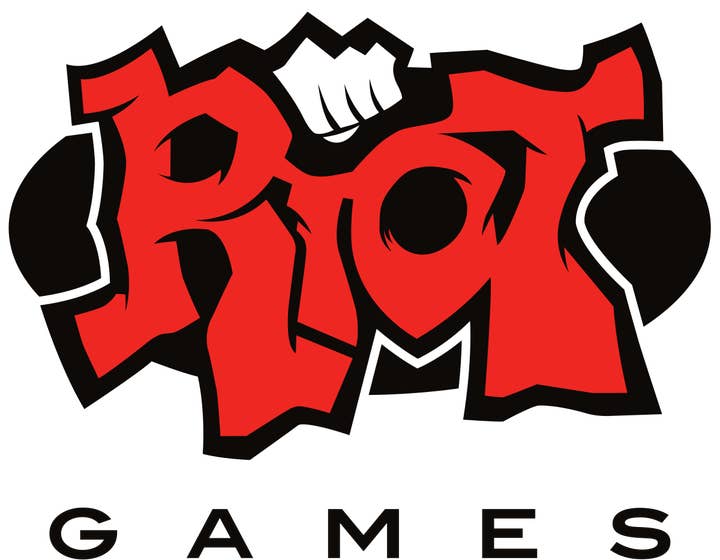Riot Games reaches preliminary settlement in class action lawsuit over gender discrimination
Riot: "Gender discrimination (in pay or promotion), sexual harassment, and retaliation are not systemic issues at Riot"
Riot Games has reached a preliminary settlement agreement in a class-action lawsuit filed last year by former employees alleging gender discrimination and harassment while at the company.
The details of the agreement are still under wraps as the settlement awaits court approval, though in a joint press release the involved parties said more details would be provided when the filing occurs.
"This is a very strong settlement agreement that provides meaningful and fair value to class members for their experiences at Riot Games," said the plaintiffs' attorney Ryan Saba in an official statement. "This is a clear indication that Riot is dedicated to making progress in evolving its culture and employment practices. A number of significant changes to the corporate culture have been made, including increased transparency and industry-leading diversity and inclusion programs. The many Riot employees who spoke up, including the plaintiffs, significantly helped to change the culture at Riot."
Riot added an additional blog post on the subject alongside the press release, attesting that the issues at play in the lawsuit were not entrenched in the company. A portion of the statement is below:
"After extensively reviewing these issues, we can confidently state that gender discrimination (in pay or promotion), sexual harassment, and retaliation are not systemic issues at Riot.
"But, what we also learned during this process was that some Rioters have had experiences that did not live up to our values or culture. In addition, we've encountered considerable fatigue among Rioters, who have been drained by constant engagement with the internal and external dialogues emerging from these lawsuits and recurring media cycles.
"We made a commitment to Rioters that we would be willing to take the steps necessary to build trust and to demonstrate that we're serious about Riot evolving into an excellent place to work for all Rioters. Under these circumstances, we've had to look critically at our litigation approach to the class action lawsuit. While we believed that we had a strong position to litigate, we realized that in the long run, doing what is best for both Riot and Rioters was our ideal outcome. Therefore, rather than entrench ourselves and continue to litigate, we chose to pivot and try to take an approach that we believe best demonstrates our commitment to owning our past, and to healing the company so that we can move forward together.
"We realize that this is a path that many companies in our position may not have chosen, but we felt it was the strongest statement we could make to Rioters, and prospective Rioters, that we're prepared to go over and above in order to move forward. Both sides believe that this proposed settlement, once finalized, is fair for all parties involved. In addition, we're hopeful that the settlement will allow us to continue our momentum (as described here and here) in making Riot a leader in inclusive workplaces."
The lawsuit was originally filed in November of last year following a Kotaku exposé of a sexist and discriminatory working culture at the studio. Alongside mentioning the allegations in the report, the lawsuit also claimed Riot swept them under the rug and did not take complaints seriously.
Riot initially attempted to dismiss the lawsuit, saying that its employees waived the right to sue when they were hired. This issue promoted a walkout in protest of forced arbitration at the studio, which led Riot to drop forced arbitration from future contracts. Then in June, Riot was accused of non-compliance with a gender discrimination investigation by the California Department of Fair Employment and Housing.
Since the Kotaku report, Riot Games has made numerous statements about updating its values and making changing to its work culture. Though it's provided few details on the concrete actions being taken within the company, a follow-up report from Kotaku earlier this month shared stories from current and recent employees attesting that the work culture had indeed improved.

